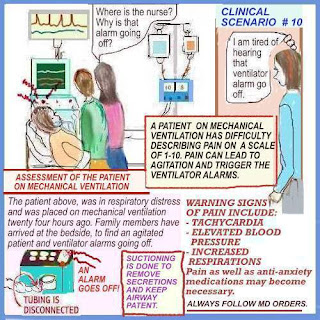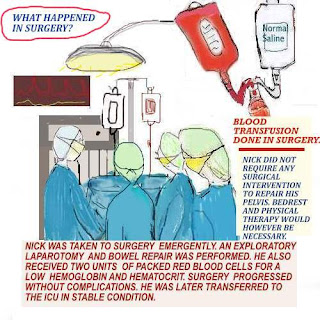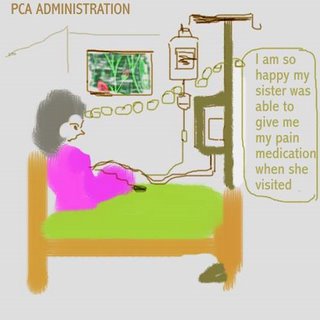HELPFUL INFORMATION FOR THE CLINICAL NURSE
 Dear nurses,
Dear nurses,Always remember to FOLLOW your institution's
policies and procedures and doctor's orders.
For more helpful clinical information, simply click on the link:
http://www.dearnurses.com/
also enjoy watching the Clinical Videos for Nurses.






























